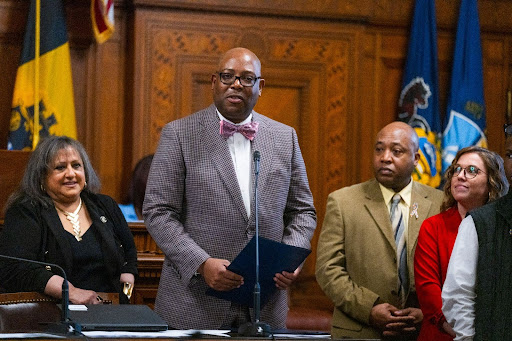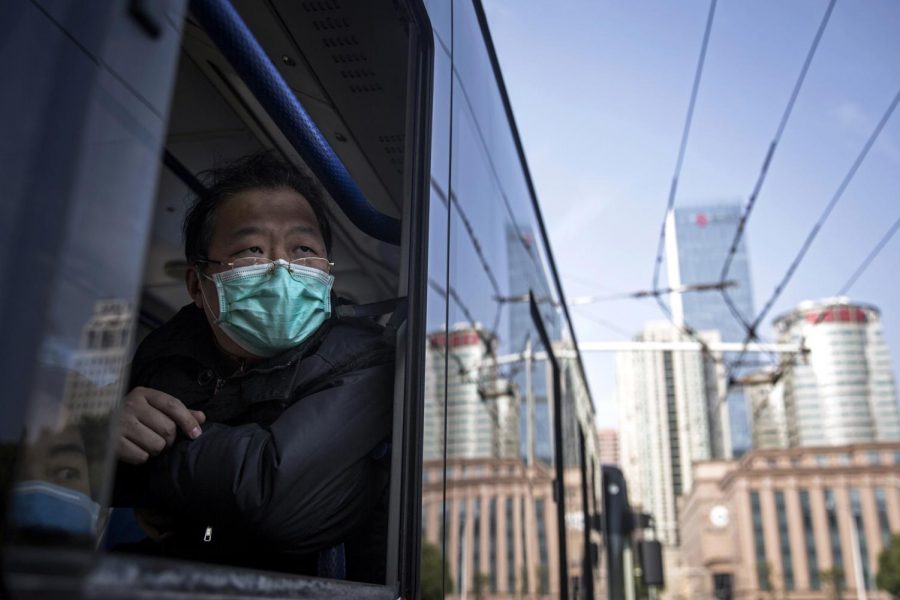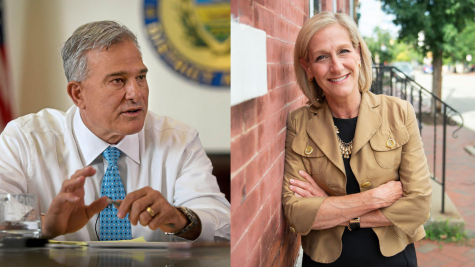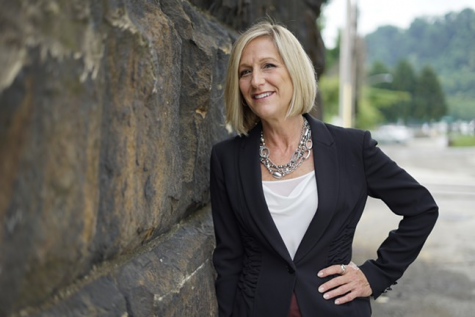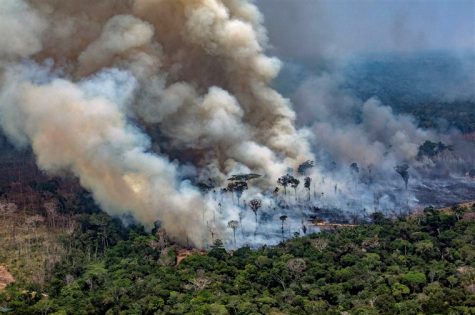How COVID-19 has Affected the Struggle Against Climate Change
COVID-19 has greatly influenced the way society has shifted and changed in the past three months—from walking across the street when you see someone on the sidewalk to not going to work or school and staying six feet apart from people who you love for your and their safety. All of these new norms stem from a single virus and traveling across the world has changed every person in most every country, but how has it changed the Earth’s ecosystems?
What happens when large percentages of people stay home and don’t go to work, when wildlife researchers have to halt studies for an unknown period of time, and when the fear of germ and the spreading of the virus stops the use of reusable goods?
Environmental changes have been one of the few things about the global shutdown that many people can celebrate. Cleaner air levels and unobscured views of landmarks usually covered by smog are only some of the ways people have observed the full impact we have had on the planet.
The reduction of global air and land traffic and the reduction of factory manufacturing has significantly lowered carbon dioxide emissions. South Korea has seen the lowest levels of air pollution in the past seven years and India has seen the best air quality of the past twenty years. The Venice canals have been seeing a major increase in biodiversity including the spotting of jellyfish and dolphins swimming in the now-clear water. Other places have also seen an increase in wildlife roaming in usually people infested areas such as kangaroos hopping through Adelaide, Australia and lions resting on roads in East Africa.
Even with all the positive changes in the environment there are also negatives to the rapid change. Human Rights Watch believes that after we come out of this quarantine the pollution could be worse than before due to the economy overcompensating for the long period without any production. This is similar to the aftermath of the 2008 recession, and the effects of the economic halt could be even larger with the whole world going back to work at once.
Another worry for many people once quarantine is over are the actions many leaders around the world will take. At the moment, many government leaders have taken away certain environmental restrictions—President Trump has lowered the fuel efficiency standard in the United States and the Chinese Ministry of Ecology and Environment has halted the Environmental Standards for Small Business.
On top of the environmental changes, the United Nations Annual Climate Summit where they were planning to speak and focus on climate change and the Paris Agreement has been postponed. Although all of these changes were made due to the pandemic, the question is how long will these new rules stay in place and what damage will they do in the time that they are in use?
On a smaller scale, little things such as the use of reusable bags and cups has been temporarily halted in fear of spreading germs, this is a smart decision health-wise but in an ever growing overfilling of waste in the world this little change can have much greater affects. Many people who are in charge of monitoring and caring for natural ecosystems have also had to take breaks from their job leaving certain areas unprotected and unattended from outside threats.
Many of the issues we are seeing during this time of quarantine can be fixed once this is all over but the virus has forced us into a major setback that cannot be afforded during a time of a global climate crisis. We have seen the impact that we have on the environment and the harm we cause it. Taking the changes that we’ve seen during this economic slowdown should give us insight into a cleaner and more sustainable world.


